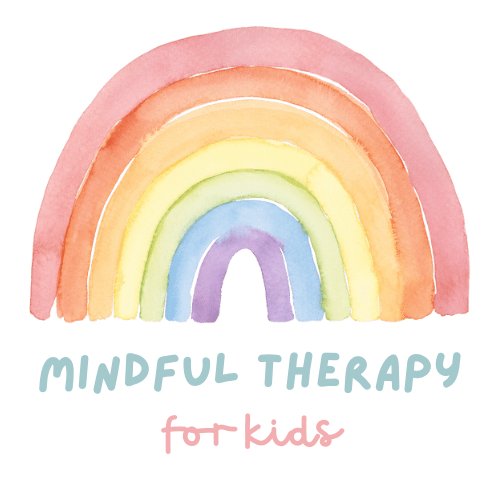Sharing your calm with your child
Helping your child find their calm.
Parenting is a rewarding yet challenging journey, often including moments when children become dysregulated, overwhelmed by emotions they can't fully understand or express. These moments can be incredibly trying for both parents and children, but it is precisely during these times that the importance of adults remaining calm shines through. Below we will take a look at the importance of adults staying composed in these tough moments, letting children “borrow” their calm, and touch on how mindfulness can be effectively employed as a tool to achieve this state of calmness, benefiting the nervous system of the entire home.
Children, especially those in their formative years, often look to adults for guidance and emotional regulation. When a child is dysregulated, they are essentially experiencing a tornado of emotions, which can include anger, frustration, sadness, or fear. In these moments, the presence of a calm and confident adult serves as an emotional anchor for the child. Here are some key reasons why adult calmness is of paramount importance:
Emotional Regulation: Children learn about emotional regulation through modeling. When adults remain calm in stressful situations, they provide a valuable example for their children to follow. Over time, children can learn to manage their emotions more effectively by observing their parents.
Enhanced Communication: A calm, regulated adult can communicate more effectively with a dysregulated child. This creates an open and safe space for the child to express their feelings and thoughts, fostering better understanding and problem-solving.
Reduced Escalation: Dysregulated children often exhibit challenging behaviors. A calm adult response helps prevent these behaviors from escalating, de-escalating the situation instead. Regulation is contagious!
Building Trust: When a child knows that their parents can remain calm and supportive in challenging moments, it strengthens the trust between parent and child. This trust is a cornerstone of a healthy parent-child relationship.
Mindfulness, rooted in ancient meditation practices, has gained recognition as a powerful tool for managing stress and emotions in modern times. It involves paying non-judgmental attention to the present moment, which can be immensely helpful for parents when their children are dysregulated. Here are some ways that mindfulness can be utilized:
Self-Regulation: Mindfulness supports adults with the ability to self-regulate their own emotions. By practicing mindfulness regularly, parents can enhance their emotional resilience and remain calm even in stressful situations, serving as a model for their children.
Presence and Active Listening: When practicing mindfulness, individuals become more present and attuned to their surroundings and inner experiences. This presence can be directed toward active listening when a child is dysregulated, allowing the adult to truly empathize with and validate the child's emotions.
Teaching Children Mindfulness: Mindfulness techniques can be adapted for children, teaching them how to manage their emotions effectively. Simple practices, such as deep breathing, creating a glitter jar, or mindful coloring, can be introduced to children as tools for self-regulation.
Strengthening the Parent-Child Bond: Mindfulness fosters a deeper connection between parents and children by encouraging attentive and non-reactive responses. This creates an environment of trust and emotional safety.
The ability of adults to remain calm when their children are dysregulated takes practice and truly supports the well-being and emotional development of the child. Calmness serves as a guiding light for children struggling to navigate their own turbulent emotions. Mindfulness, as a transformative tool, empowers parents to maintain composure and offers numerous benefits for both parents and children alike! By practicing mindfulness, adults can enhance their emotional regulation, communication, and trust-building skills, ultimately promoting a healthier and more harmonious parent-child relationship. In the process, they equip their children with valuable tools for a lifetime of emotional well-being.
Please feel free to reach out today if you would like to work together or set up a complimentary 15-minute consultation.
mindfultherapyforkids@gmail.com

